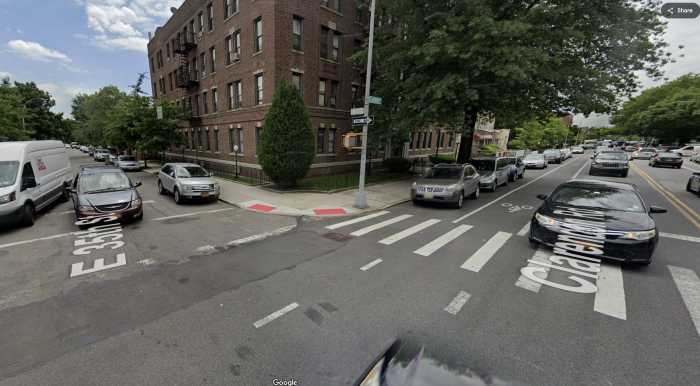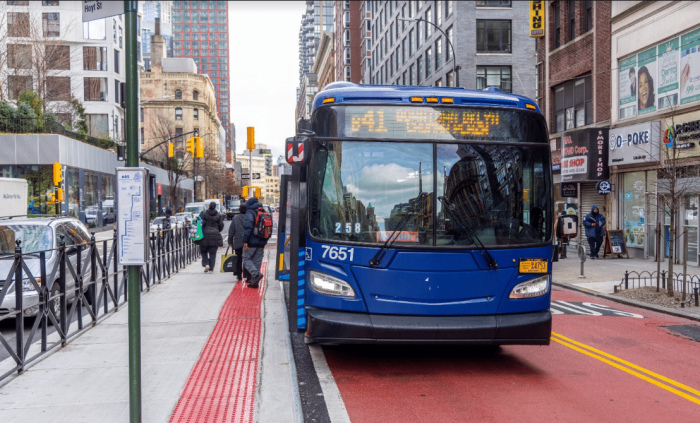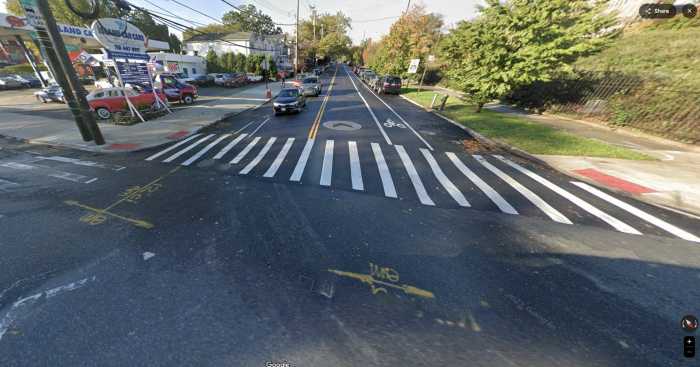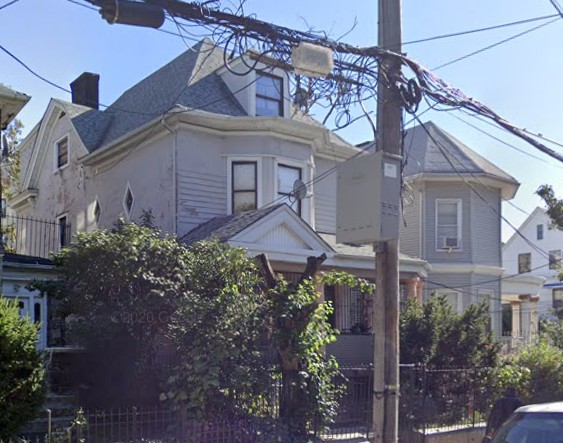
Bike New York is calling for the MTA to end its rule requiring cyclists to walk their bikes over agency bridges.
Following what it described as “random” enforcement blitzes, the nonprofit has penned a letter to MTA chairman Joe Lhota, requesting a policy shift at the MTA: Consider pedestrian walkways to be shared paths, effectively granting cyclists the opportunity to ride over bridges without the risk of receiving a summons.
“Many cyclists use MTA bridges and typically do not dismount because it unnecessarily triples their travel time. With bridge distances ranging from 1⁄4 mile to 4 miles, time savings are significant,” wrote Ken Podziba, president and CEO of Bike New York, in the letter dated Sept. 19. “The MTA and all bridge users would be better served by a rule that acknowledges current usage and attempts to ensure that people already using bicycles on its bridges do so as safely as possible.”
The RFK, Marine Parkway, Cross Bay and Henry Hudson bridges all have pedestrian walkways. Under Triborough Bridge and Tunnel Authority regulations, cyclists are required to dismount and walk their bikes over those paths. Fine amounts for the offense are determined in court.
TBTA police enforcement is sporadic at best and serves as a deterrent for a green, efficient commuting option, Podziba said. It stands in stark contrast to the bike access available on city-run spans like the Brooklyn, Manhattan and Williamsburg bridges, he added.
“It’s only on these bridges that it’s like we’re living in the past,” said Podziba, who will be speaking at the MTA’s board meeting Wednesday morning. “Show us the data. If it really is a safety issue, then the MTA should show us the data on it.”
Christopher McKniff, an MTA spokesman, said in a statement that the agency “look[s] forward to reviewing the letter.” He added that the rule is in place because the pedestrian paths on TBTA bridges do not comply with modern standards for shared use. TBTA police also have the discretion to issue a warning in lieu of a summons, he said.
“This is just a common-sense request acknowledging the reality of travel behavior,” said Karen Overton, the director of the Recycle-A-Bicycle program at Bike New York. “I pay my taxes as a cyclist. I deserve the transportation network everyone else has.”
Paul Steely White, executive director of Transportation Alternatives, said he supported the policy shift, adding that it is part of a larger issue of bike access on MTA spans. He called the recent rehabilitation project for the Henry Hudson Bridge — an important link for nearby greenways — a “huge missed opportunity” for safe bike travel.
“Gov. Cuomo’s MTA is stuck in 1954 when it comes to bike access on its bridges,” White said. “This all comes at a time when they’re rolling out various bells and whistles on bridges, from lights to these new toll gantries. It’s just misplaced priorities.”




























